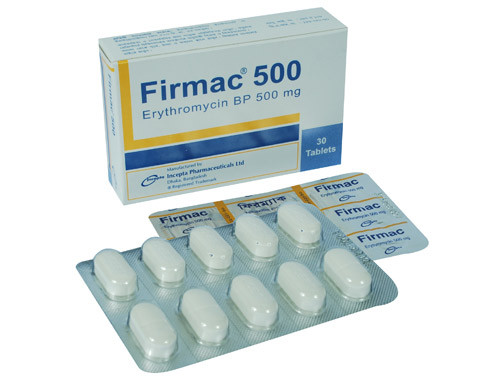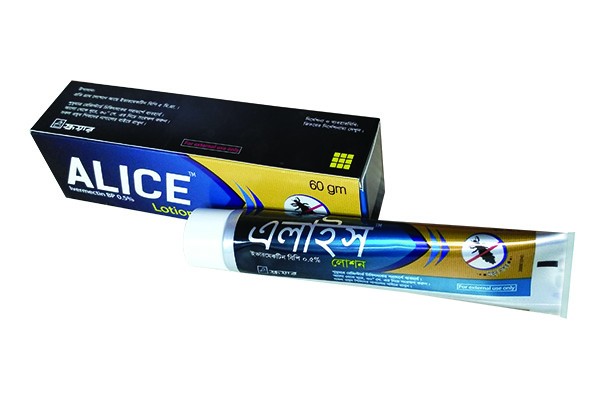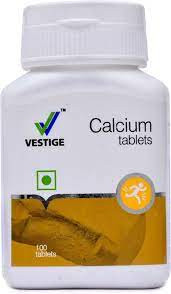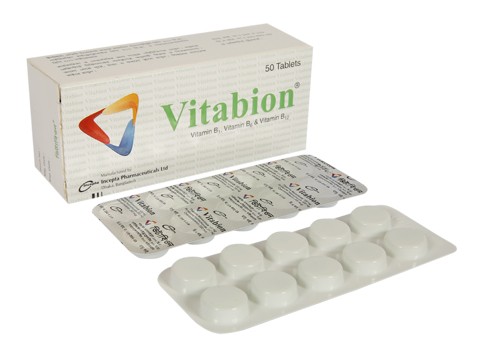

Firmac Tablet 500 mg (10Pcs)
Inhouse product
-
৳1,030.00
৳1,550.00 -
৳10.00
৳12.00 -
৳280.00
৳500.00 -
৳127.00
৳132.00 -
৳900.00
৳1,300.00 -
৳112.00
৳120.00
Reviews & Ratings
Generic
Erythromycin
Indications
A-Mycin is highly effective in the treatment of a wide variety of clinical infections, such as
- Upper respiratory tract infections: Tonsillitis, peritonsillar abscess, pharyngitis, laryngitis, sinusitis, and secondary infections in cold and influenza.
- Lower respiratory tract infections: Tracheitis, acute and chronic bronchitis. Mycoplasma pneumonia (lobar pneumonia, bronchopneumonia, primary atypical pneumonia), bronchiectasis.
- Skin and soft tissue infections: Boils and carbuncles, paronychia, abscesses, pustular acne, impetigo, cellulitis, furunculosis, erythrasma.
- General infections: Non-specific urethritis, syphilis (if the patient is allergic to penicillin).
- Gastro-intestinal infections: Cholecystitis, Staphylococcal enterocolitis, infectious diarrhea, & cholera.
- Ear and oral infections: 0titis media and otitis externa, gingivitis, dental abscesses.
- Prophylaxis: Pre-operative and post-operative, trauma, burns, rheumatic fever.
- Other infections: Diphtheria, whooping cough.
Pharmacology
Erythromycin blocks the translocation process, which stops microsomal protein synthesis in sensitive organisms. These organisms have specific binding to the 50S subunit or the 70S ribosome, but no binding to the stable 80S mammalian ribosome. Erythromycin is effective against a wide range of Gram-positive and Gram-negative bacteria, as well as mycoplasmas and chlamydia.
Because the base of erythromycin is destroyed by acid, it is given in the form of a stable ester. The presence of food reduces the rate of absorption of the base and esters. In the gut, the stearate is hydrolyzed, and the free erythromycin is absorbed.
Peak serum concentrations of 0.9 to 1.4 or 0.4 to 1.8 mg/ml respectively are achieved in 1 to 4 hours after an oral dose of 500 mg of the base of stearate. The serum half-life ranges from 1.2 to 4 hours. The half-life in oliguria patients is roughly 5 hours.
Erythromycin is broadly dispersed throughout bodily tissue and fluids, with some retention in the liver and spleen. Erythromycin base has a 73 percent protein binding rate. When the meninges become inflamed, erythromycin enters the cerebrospinal fluid. It also passes through the placenta and is secreted in breast milk.
The unmodified active ingredient is excreted in substantial amounts in the bile, and 5 to 15% of the erythromycin dose is eliminated in the urine.
Dosage & Administration
Adult and Children over 8 years: 250-500 mg every six hours for mild to moderate infections. This may be increased upto 4 gm. or more daily in severe cases.
Elderly:
No special dosage recommendation. Erythromycin may be administered if
desired, three times daily or twice daily by giving one-third or half of
the total daily requirement 8 hourly or 12 hourly respectively.
Children aged 2 to 8 years: 250 mg. every six hours or 30-50 mg/kg body weight per day divided into four equal dosage.
Infants and Children upto 2 years: 500 mg. in divided doses or 30-50 mg/kg body weight in divided doses.
Interaction
According to new research, using erythromycin in individuals who are taking a high dose of theophylline may result in a rise in serum theophylline levels and probable theophylline toxicity. In such circumstances, theophylline dosage should be lowered.
Contraindications
Erythromycin hypersensitivity is known.
Side Effects
Gastrointestinal: Abdominal cramp & discomfort, nausea, vomiting & diarrhea. Hypersensitivity reaction may also be responsible for hepatotoxicity sometimes in patients receiving Erythromycin or its derivatives.
Pregnancy & Lactation
Use in pregnancy: A-Mycin (Erythromycin) crosses the placenta. Fetal plasma concentrations are variously stated to the 5 to 20% of these in the mother.
Use in lactation: It is readily excreted in breast milk.
Precautions & Warnings
Erythromycin should be used with care in patients with existing hepatic impairment. It has been suggested that Erythromycin should be used with care in patients with a history of arrhythmia.
Therapeutic Class
Macrolides, anti-diarrhoeal antimicrobial medicines.
Storage Conditions
Keep the temperature below 25°C and away from light and moisture. Keep out of children's reach.
Pharmaceutical Name
Incepta Pharmaceuticals Ltd.
Frequently Bought Products
-
৳1,030.00
৳1,550.00 -
৳10.00
৳12.00 -
৳280.00
৳500.00 -
৳127.00
৳132.00 -
৳900.00
৳1,300.00 -
৳112.00
৳120.00
Online Shopping Bangladesh : MShopBD-Majumder Shop
MShopBD-Majumder Shop Online Shopping in Bangladesh is the Best Shopping store within 10000+ products cash on delivery in dhaka, Khulna, ctg & all over Bangladesh with COD-cash on delivery (Only Shipping Cost Advance ) under by www.esdp.gov.bd (bangladesh.gov.bd ) Home Delivery all Over Bangladesh different location and shop as like as Multivendor Online Sites in BD.
Thank you for choosing MShopBD - Majumder Shop!







